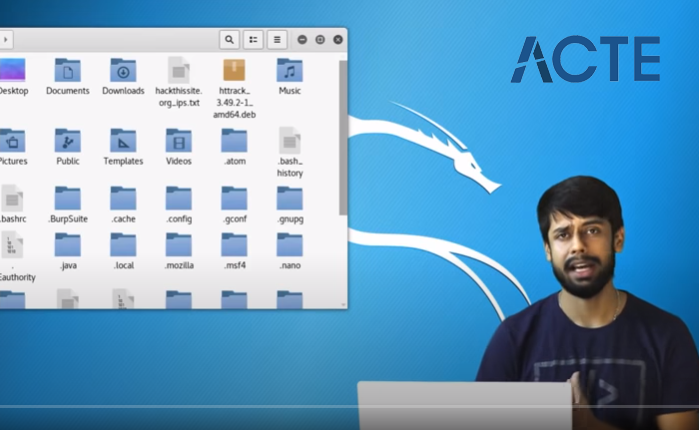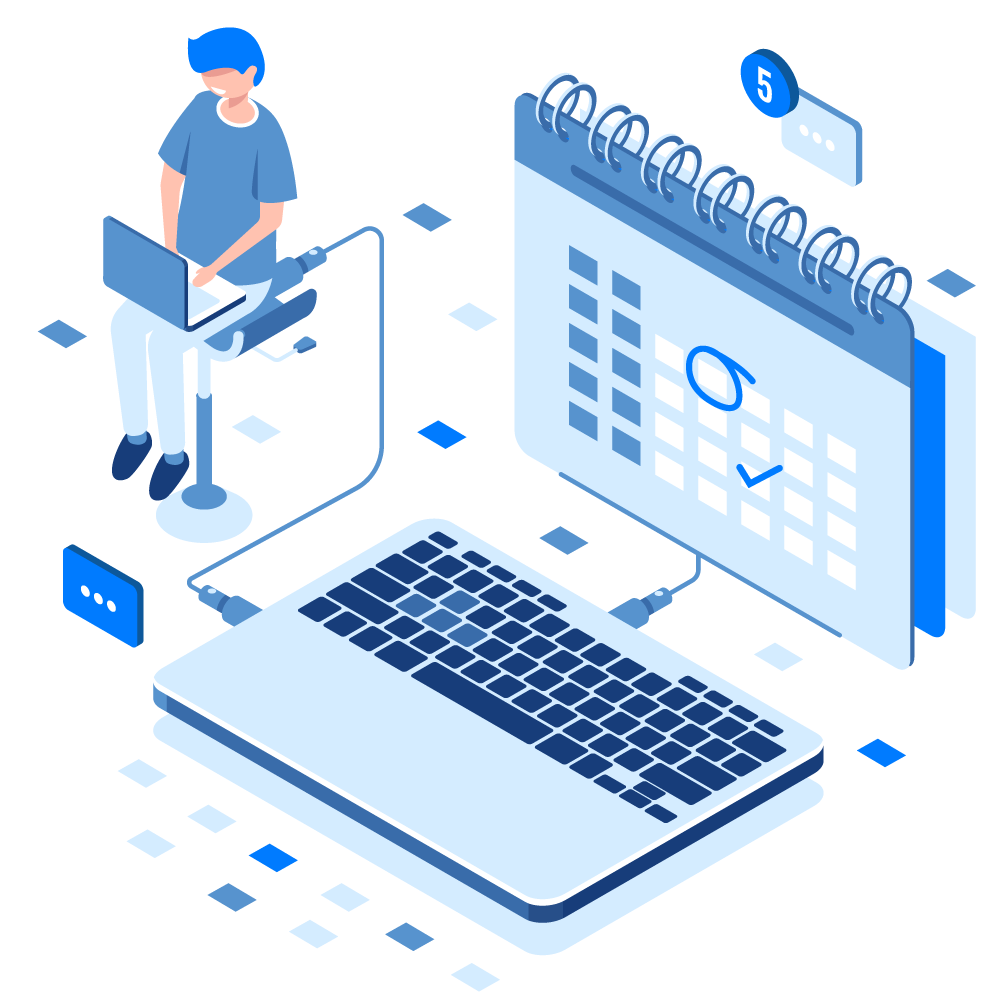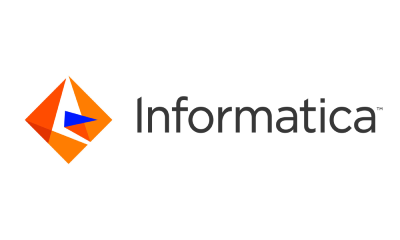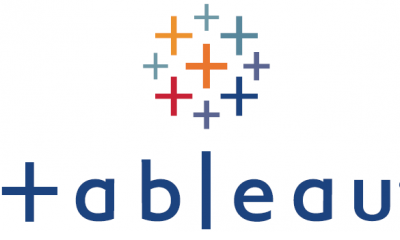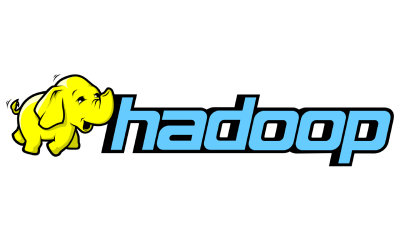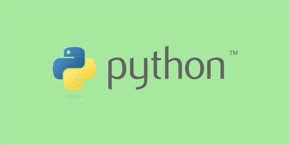An Detailed Overview of Data Analytics
Analyzing enormous amounts of data to find patterns, trends, and insights that can guide decision-making is known as data analytics. To extract useful information from data, it makes use of methods like statistical analysis, machine learning, and data visualization. Put, it aids businesses and other organizations in better understanding their data, which encourages them to solve issues, find growth prospects, and make better decisions. In today's data-driven world, data analytics is used in a variety of industries, such as marketing, finance, healthcare, and retail, to streamline operations, increase productivity, and gain an edge over their competitors.
Additional Info
Mastering the Essentials Key Concepts and Techniques in Data Analytics
- Data Preprocessing: This entails preparing the data for analysis by cleaning, transforming, and organizing it. Some examples of tasks are managing missing values, eliminating duplicates, and standardizing data formats.
- Descriptive Analytics: The goal of descriptive analytics is to comprehend historical trends and patterns by compiling and analyzing data. Methods like summary statistics and data visualization are frequently applied here.
- Exploratory Data Analysis (EDA): To find connections, patterns, and anomalies in data, EDA entails visualizing and analyzing the data. Correlation analysis, histograms, and scatter plots are among the methods.
- Inferential Statistics: This is using a sample of data to draw conclusions and forecasts about the population. This group includes methods like regression analysis and hypothesis testing.
- Predictive Analytics: Predictive analytics utilizes past data to make predictions about future patterns and actions. Predictive modelling frequently uses machine learning algorithms like neural networks, decision trees, and regression.
- Prescriptive Analytics: It entails making recommendations for decisions or actions based on optimization methods and predictive models. It seeks to determine the most effective path to achieving a desired goal.
- Machine Learning: Without explicit programming, machine learning algorithms use data to learn and make predictions or decisions. Common machine-learning techniques include reinforcement learning, supervised learning, and unsupervised learning.
- Big Data Analytics: Large and complex datasets that are inefficiently handled by traditional data processing applications are the focus of big data analytics. Big data processing is frequently done with technologies like Spark and Hadoop.
- Natural Language Processing (NLP): NLP involves analyzing and interpreting data related to human language. Methods like text classification, named entity recognition, and sentiment analysis are frequently used in NLP.
- Time Series Analysis: The goal of time series analysis is to find patterns, trends, and seasonality in data gathered over time. Time series analysis frequently uses methods like moving averages, exponential smoothing, and ARIMA modeling.
- Data Visualization: The graphical depiction of data used to communicate insights effectively is known as data visualization. Graphs, charts, and interactive dashboards are examples of techniques.
- Dimensionality Reduction: Principal component analysis (PCA) and t-distributed stochastic neighbour embedding (t-SNE) are two dimensionality reduction techniques that are used to reduce the number of variables in a dataset while maintaining crucial information.
Explore The Career Paths in Data Analytics
- Data Analyst: Data analysts are in charge of gathering, preparing, and evaluating data in order to offer insights and facilitate decision-making. When interpreting data and presenting findings to stakeholders, they frequently use databases, spreadsheets, and data visualization tools.
- Business Analyst: Business process analysis, opportunity identification, and solution recommendation are the main focuses of business analysts. The goal is to increase profitability and efficiency. They collaborate closely with stakeholders to comprehend business needs and convert them into recommendations and insights based on data.
- Data Scientist: Data scientists are adept at analyzing complex datasets and deriving useful insights by applying cutting-edge statistical and machine-learning techniques. To address business issues and spur innovation, they create data-driven solutions, predictive models, and algorithms.
- Machine Learning Engineer: To enable intelligent systems and automate decision-making processes, machine learning engineers create, develop, and implement machine learning models and algorithms. Their areas of expertise include algorithm development, data modelling, and programming. They frequently use scikit-learn, TensorFlow, and Python.
- Data Engineer: To ensure effective data collection, storage, and processing, data engineers concentrate on developing and maintaining data pipelines and infrastructure. They collaborate with big data technologies, databases, and cloud platforms to create scalable and reliable data architectures that facilitate analytics and decision-making.
- Quantitative Analyst: Quants model risk in financial markets, analyze financial data and create trading strategies using statistical and mathematical methods. They are employed by investment banks, hedge funds, and other financial institutions, frequently in fields like risk management, algorithmic trading, and quantitative finance.
- Business Intelligence (BI) Developer: Business intelligence (BI) developers create and implement business intelligence solutions that let organizations see and analyze data to make decisions. For stakeholders, they produce reports, dashboards, and interactive visualizations using BI tools like Tableau, Power BI, and Qlik.
- Data Visualization Specialist: Experts in data visualization concentrate on developing and producing eye-catching visuals that successfully convey data-driven insights. Their areas of expertise include graphic design, data visualization principles, and using Tableau, D3.js, and Adobe Illustrator to tell stories.
- Data Architect: An organization's entire data architecture and infrastructure are designed and overseen by data architects. They create data models, establish data standards, and guarantee data security, compliance, and integrity throughout databases and systems.
The Role of Data Analytics in Business Decision-Making
- Data-Driven Decision Making: Businesses may now base decisions on facts rather than hunches or gut feelings thanks to data analytics. Businesses can make more objective and well-informed decisions by using data analysis to find trends, patterns, and correlations that may not be immediately apparent.
- Understanding Customer Behavior: Businesses can learn about consumer preferences, purchasing patterns, and demographics by analyzing customer data. Businesses can better meet customer needs and preferences by customizing their products, services, and marketing strategies with the use of this information.
- Improving Operational Efficiency: Data analytics can improve numerous business operations and processes, including supply chain management, inventory management, and production planning. By analyzing operational data, businesses can reduce costs and boost efficiency by identifying inefficiencies, bottlenecks, and improvement opportunities.
- Identifying Market Opportunities: Businesses can use data analytics to find new market trends, business opportunities, and threats from competitors. Businesses can take advantage of opportunities and stay ahead of the competition by analyzing market data to obtain insights into consumer demand, competitor strategies, and market dynamics.
- Risk Management: Through the analysis of past data and the identification of potential risk factors, data analytics can assist businesses in identifying and mitigating risks. Businesses are better equipped to evaluate risk exposure, forecast future events, and take proactive steps to reduce risks when they use predictive analytics and modelling techniques.
- Personalized Marketing and Customer Experience: Businesses can use data analytics to provide individualized marketing messages and customer experiences based on individual preferences, behavior, and demographics. By analyzing customer data, businesses can segment their target audience, personalize marketing campaigns, and distribute pertinent content through a variety of channels.
- Optimizing Pricing Strategies: Data analytics can assist businesses in optimizing their pricing strategies by analyzing competitor pricing, market dynamics, and consumer behaviour. By utilizing pricing analytics techniques, businesses can increase overall revenue, maximize profitability, and set optimal prices.
- Forecasting and Planning: Thanks to data analytics, businesses can predict future trends, demand, and performance metrics by using predictive modelling techniques and historical data. Businesses can also make well-informed decisions about budgeting, strategic planning, and resource allocation by utilizing forecasting and planning tools.
- Enhancing Product Development: Data analytics can help businesses create new products and enhance their current ones by offering insightful information about consumer feedback, market demand, and product performance. Businesses can find features in their products that customers find appealing, solve customer problems, and spur innovation by analyzing product data.
Popular Tools Used in Data Analytics
- Python: Python is a flexible programming language that is very popular in the data analytics field because of its abundance of libraries, ease of use, and flexibility. Libraries like pandas, NumPy, SciPy, and sci-kit provide strong tools for data manipulation, analysis, and machine learning.
- R: R is a programming language and environment created especially for statistical computing and graphics. Because of its large collection of packages for data analysis, visualization, and modeling, statisticians and data scientists find it popular.
- SQL (Structured Query Language): Relational databases are managed and queried using SQL, a standard language. Data engineers and analysts must be able to effectively extract, transform, and analyze data from databases.
- Excel: Spreadsheet software like Microsoft Excel is popular because it provides basic data analysis features like pivot tables, charting, and data manipulation. Data visualization and rapid ad hoc analysis are two common uses for it.
- Tableau: One of the best tools for data visualization is Tableau, which lets users create dynamic, eye-catching dashboards and reports. With drag-and-drop functionality, users can explore and analyze data from various sources.
- Power BI: Microsoft Power BI is a business analytics tool that offers self-service BI capabilities for data analysis and insight sharing within an organization. It provides tools for collaboration, data preparation, and visualization.
- Apache Spark: Fast and versatile, Apache Spark is a distributed computing engine built for handling large amounts of data. It offers APIs for creating parallel apps and carrying out sophisticated analytics operations like machine learning and graph processing in a variety of languages, including Scala, Java, and Python.
- Hadoop: An open-source framework called Apache Hadoop processes and stores massive datasets in a distributed manner across computer clusters. It frequently stores and analyzes big data by utilizing the MapReduce programming model and the Hadoop Distributed File System (HDFS).
- Jupyter Notebook: Users can create and share documents with live code, equations, visualizations, and narrative text using the open-source web application Jupyter Notebook. It is frequently used for teamwork, data exploration, and analysis.
- KNIME: The open-source data analytics platform KNIME allows users to visually design data workflows using a drag-and-drop interface. It offers a large selection of integrated tools and preprocessing, analysis, and reporting capabilities.
- SAS: Data management, business intelligence, and advanced analytics are all handled by the SAS software suite. It provides a large selection of features and tools for data mining, predictive modelling, and statistical analysis.
Show More


